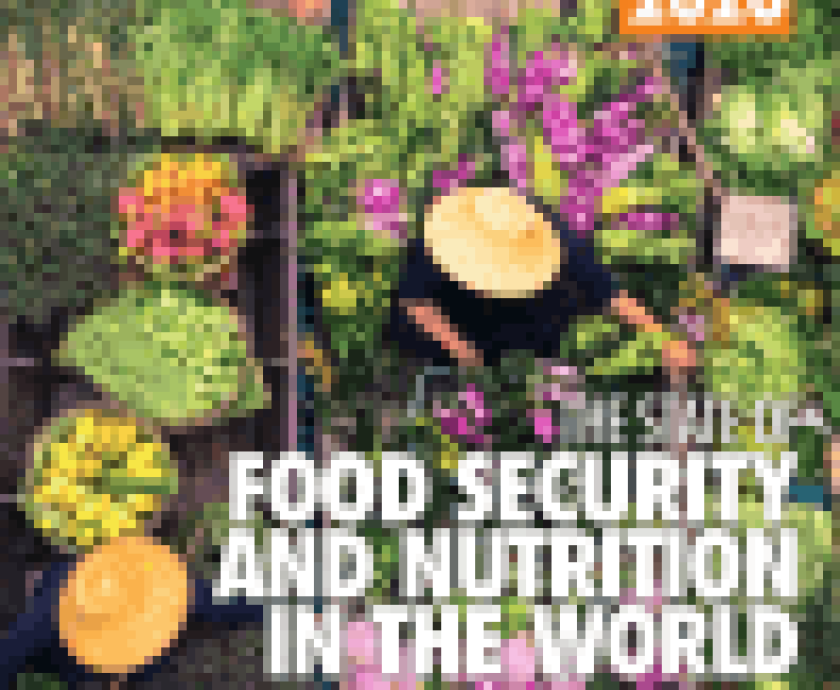Click to expand Image
Manju Devi, whose husband Kripal Mandal, a migrant worker in Qatar, died in Doha in 2022, with her family in Nepal in May 2022.
© 2022 Shyam Karki
Thousands of migrant workers lost their lives to make the 2022 FIFA World Cup in Qatar possible. But the scale of the human rights abuse doesn’t end with these workers’ lives, nor does it end in Qatar.
As families back home grapple with the shock of losing loved ones, they face an uncertain future without a breadwinner, especially the children. Last month, Human Rights Watch witnessed the repatriation of deceased workers from Qatar to Nepal, where their families awaited them. “What will happen of my sister?” one family member said. “She has three small children to take care of.”
Breadwinners who were cheated of wages or injured, but survived, may remain trapped in debt, with dire consequences for their families. “They play with our lives and our children’s lives,” said one worker.
For children of deceased workers, whose families lost their sole breadwinner, the effects can be lasting. Families may feel they have no choice but to send children to work or into early marriage to make ends meet.
Some governments, in response, have attempted to limit the harm. The Educational Livelihood Assistance Program (ELAP) in the Philippines provides educational allowances to school-age dependents of deceased migrant workers. Nepal also provides scholarships to children of deceased workers. Even then, funds may be inaccessible to families due to workers’ legal status when emigrating or lack of awareness about them.
Qatar’s recent, albeit limited, compensation systems can help workers. “With that money, I was able to clear my children’s school dues that had been pending since months,” said one worker who was compensated. However, most workers and families aren’t compensated, as systems don’t cover everyone or address abuses in the years before they began, and significant enforcement gaps remain.
FIFA has an opportunity to end this cycle of human rights abuse for families of migrant workers following deaths, injuries, and wage theft in Qatar. FIFA’s Human Rights Policy outlines their commitment to remedy those “adversely affected by activities associated with FIFA.” In May, Human Rights Watch and other organizations launched a campaign calling on FIFA and Qatar to provide remedies for migrant workers who suffered abuse and for their families.
FIFA should ensure that the children its World Cup has “adversely affected” can pay their school fees and have a decent chance at a secure future.



